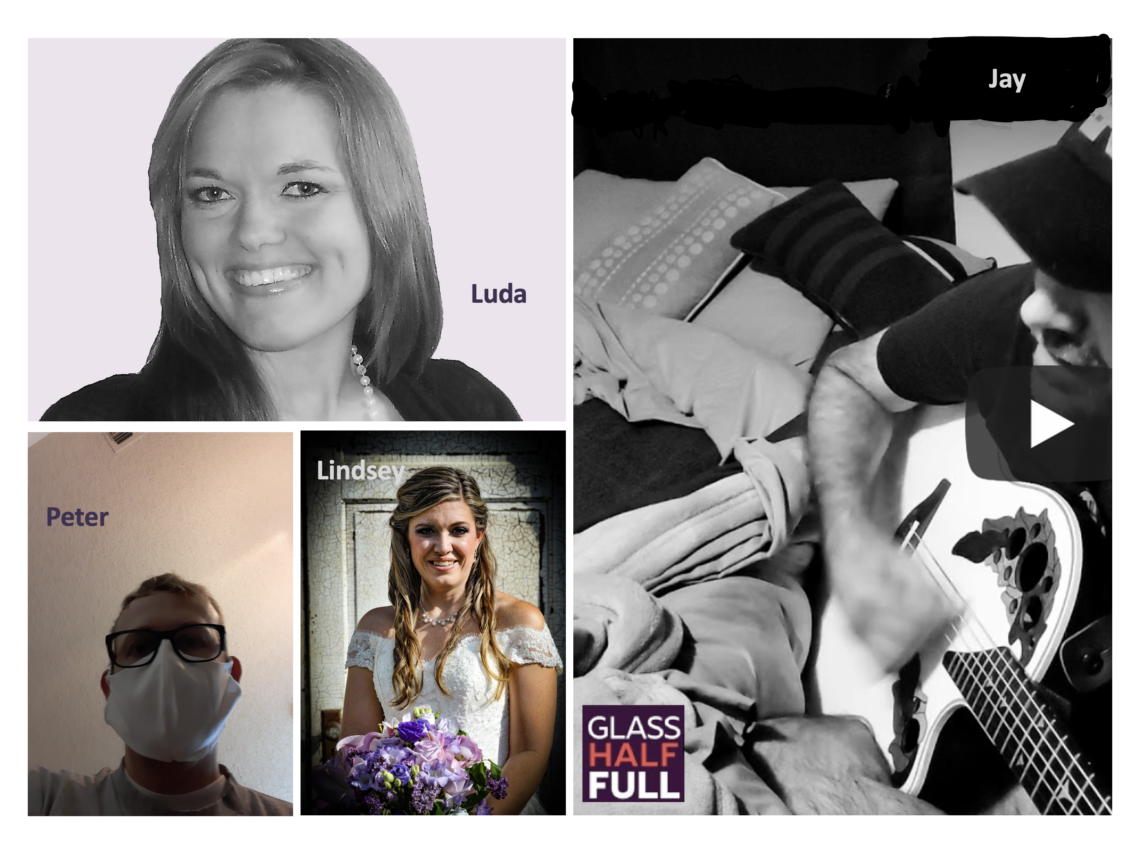Do you see images of yourself reflected in popular media? As a person with a chronic health condition and/or disability, is your life reflected in movies, television, print, or social media? In this themed podcast…
Featured are four people — with their own unique health conditions — that are coping and making the best of the quarantine and pandemic. Luda Gogolushko, who has SMA Type 3 and lives in Southern…
In 2018, a research study found that at least 36% of Americans were sleeping less than seven hours each night. Inadequate sleep can lead to a number of physical and/or emotional conditions. Some common sleep…



